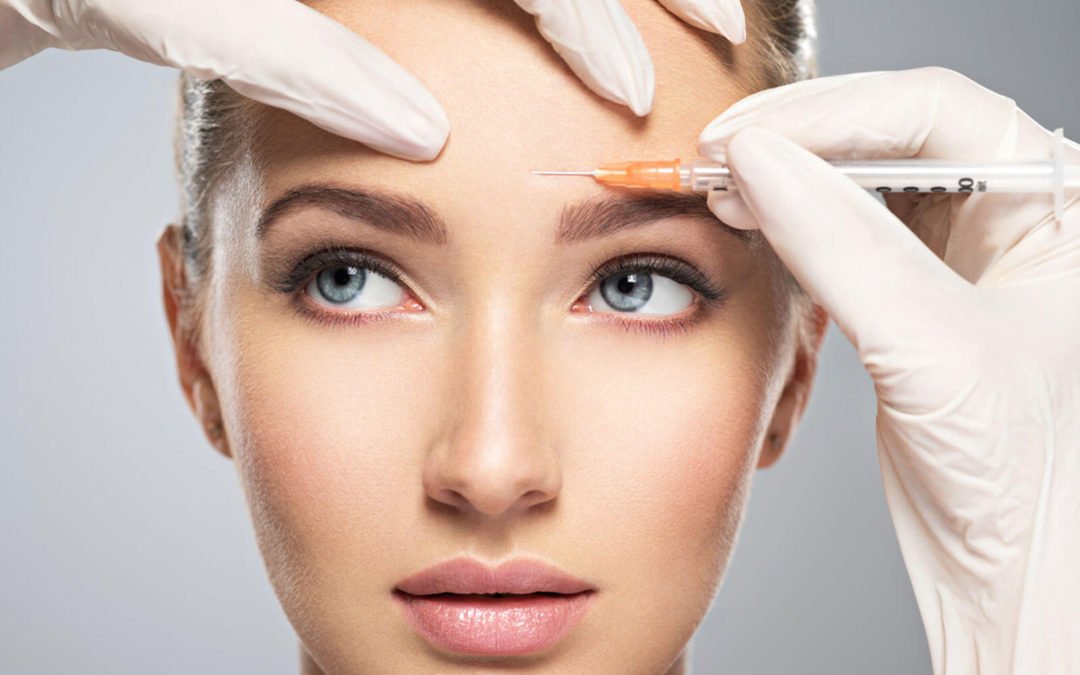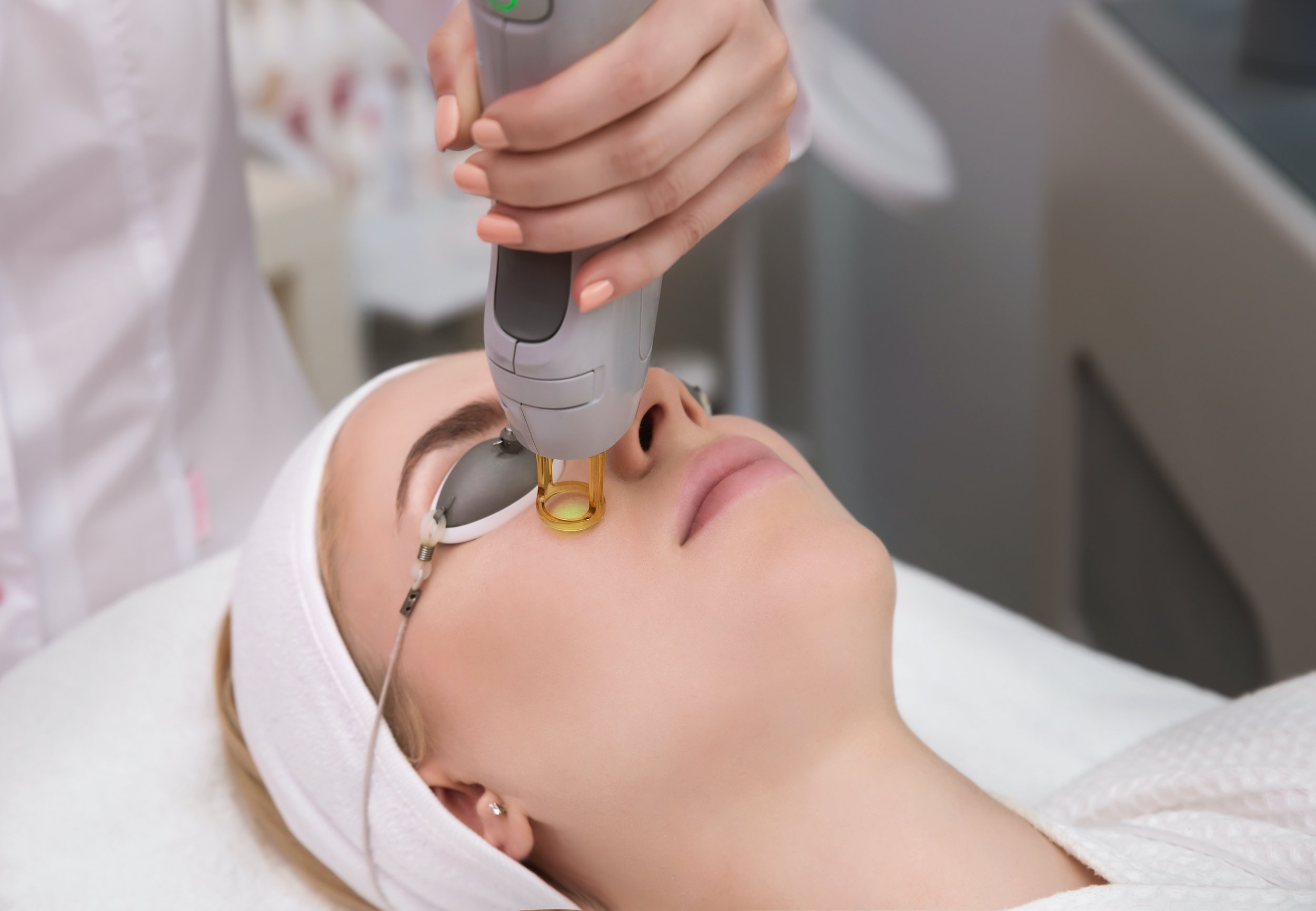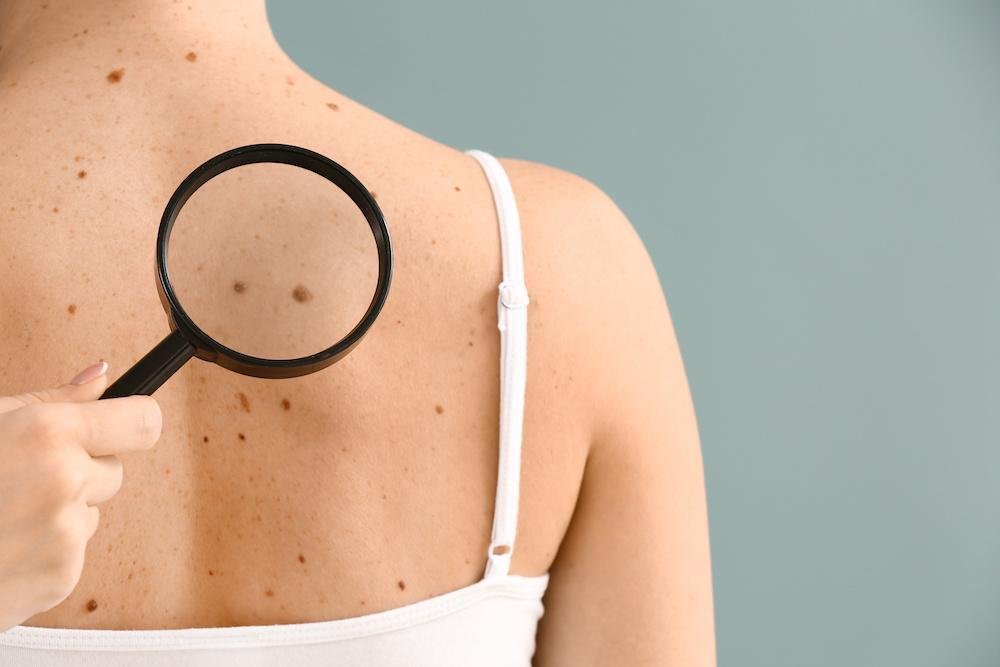
Dysport vs. Botox: Which Wrinkle Relaxer Is Right for You?
If you're exploring your options for wrinkle relaxers, you've likely come across two of the most trusted names in the industry: Botox® and Dysport®. Both are FDA-approved injectables designed to smooth dynamic wrinkles (the ones caused by repeated facial movements), but despite their similarities, there are key differences that may make one better suited to your aesthetic goals.
At Summit Dermatology in Medford, OR, we're often asked: “What’s the difference between Botox and Dysport?” or “Which one should I get?” In this blog, we’ll compare Dysport vs. Botox side-by-side, looking at onset time, spread, treatment areas, duration, and more—so you can make an informed decision for your skin.
At Summit Dermatology in Medford, OR, we believe in education and empowerment. This beginner-friendly guide breaks down everything you need to know before your first Botox appointment—how it works, what to expect, and answers to the most common questions.

Botox 101: Everything You Need to Know Before Your First Treatment
If you’ve been thinking about getting Botox but aren’t quite sure what to expect, you’re not alone. Whether you're interested in softening fine lines or preventing future wrinkles, Botox® is one of the most popular and effective non-surgical cosmetic treatments available today.
At Summit Dermatology in Medford, OR, we believe in education and empowerment. This beginner-friendly guide breaks down everything you need to know before your first Botox appointment—how it works, what to expect, and answers to the most common questions.

Erase the Years: Why Laser Resurfacing Is the Gold Standard for Skin Rejuvenation
Aging is a natural part of life, but the visible signs—fine lines, wrinkles, and uneven skin texture—can leave many longing for a youthful glow. If you’re searching for a treatment that truly delivers, look no further than laser resurfacing, the gold standard for skin rejuvenation in 2025. This cutting-edge procedure can dramatically transform your complexion, restoring smoothness, firmness, and radiance with precision and care.
At Summit Dermatology, we’ve seen firsthand how laser resurfacing has revolutionized the way patients approach anti-aging. Here’s why this treatment remains unmatched for skin rejuvenation and how advancements in technology are making it more effective than ever.

Seasonal Skincare in 2025: How to Adjust Your Routine for Winter, Spring, Summer, and Fall
Your skin is your body’s largest organ, and like the seasons, it goes through changes throughout the year. From winter’s harsh cold to summer’s intense UV rays, each season brings unique challenges for maintaining healthy, glowing skin. By adjusting your skincare routine to suit the changing climate, you can keep your skin protected, hydrated, and radiant year-round.
At Summit Dermatology, we believe in personalized skincare, and understanding how the seasons affect your skin is a key part of that. Here’s how to optimize your routine for winter, spring, summer, and fall in 2025.

Proactive Skin Cancer Prevention: The Importance of Annual Skin Checks in 2025
Skin cancer is the most common type of cancer worldwide, with millions of new cases diagnosed each year. Yet, it is also one of the most preventable and treatable cancers—especially when caught early. As we move into 2025, advances in detection tools, patient education, and treatment options make it easier than ever to prioritize skin cancer prevention. However, the most effective prevention method remains consistent: annual skin checks with a trusted dermatologist.
At Summit Dermatology, we emphasize the importance of proactive care. Annual skin checks not only help catch skin cancer in its earliest stages but also empower you with the knowledge and tools to keep your skin healthy for years to come. Here’s why this simple but powerful habit should be a key part of your healthcare routine in 2025.

What to Expect from Your First Laser Treatment: A Step-by-Step Guide
Getting your first laser treatment can feel like a big step, especially if you’re not sure what to expect. Whether you’re looking to rejuvenate your skin, remove unwanted hair, or fade stubborn acne scars, laser treatments are an incredibly effective and versatile option. At Summit Dermatology, we believe that understanding the process can help you feel confident and excited about your results.
In this guide, we’ll walk you through everything you need to know about your first laser treatment, from preparation to aftercare.

The Glow-Up You Deserve: How Laser Skin Resurfacing Can Transform Your Complexion
We’ve all dreamed of waking up to flawless, radiant skin, but for many of us, achieving that glow can feel out of reach. Whether it’s sun damage, acne scars, fine lines, or uneven texture, these skin concerns can leave you feeling less confident about your complexion. That’s where laser skin resurfacing comes in—a game-changing treatment that can rejuvenate your skin and give you the glow you deserve.
At Summit Dermatology, we’ve helped countless patients transform their skin with this innovative treatment. Here’s everything you need to know about laser skin resurfacing, how it works, and why it could be the perfect solution for you.

Dealing with Adult Acne: Causes, Treatments, and Tips for Clear Skin
Let’s be real—dealing with acne as an adult can feel unfair. After all, wasn’t this supposed to end with high school? Yet, millions of adults, especially women, struggle with breakouts well into their 20s, 30s, and beyond. Whether it’s persistent pimples, painful cysts, or stubborn blackheads, adult acne can take a toll on your confidence and leave you wondering, “Why me?”
The good news? You’re not alone, and there are effective solutions. At Summit Dermatology, we’ve helped countless people take control of their skin, and we’re here to guide you, too. In this blog, we’ll explore what causes adult acne, the best treatments available, and tips for clearer, healthier skin.

Eczema in Children: A Parent’s Guide to Managing and Treating Eczema
Eczema, or atopic dermatitis, is one of the most common skin conditions in children, affecting up to 20% of children worldwide. This chronic condition can be uncomfortable and challenging to manage, but understanding eczema’s symptoms, triggers, and treatments can help parents effectively support their child’s skin health. In this guide, we’ll cover the basics of recognizing and treating eczema, answer frequently asked questions, and explain why Summit Dermatology in Medford, OR, is an excellent choice for eczema care.

Medford Dermatologist Answers: Top FAQs About Skin Health and Treatments
At Summit Dermatology in Medford, OR, we know that skin health is vital to overall wellness, and we’re here to provide you with the answers you need to take the best care of your skin. From seasonal skin care tips to treatment options for chronic conditions, here are some of the most frequently asked questions we hear from our patients in Medford—and our expert advice on each.

Is That Spot Dangerous? How to Tell the Difference Between Solar Lentigos and Skin Cancer – And Why a Medical Dermatologist is Key
As we age, our skin begins to show signs of a life well-lived, especially if we've enjoyed plenty of time outdoors. For many, spots and patches appear on the skin, leaving us wondering, "Is it just a sunspot, or could it be something more serious?" Two common skin concerns that frequently cause confusion are solar lentigos and skin cancer. While both may look similar at first glance, distinguishing between them is essential for your health. In this article, we'll explore how to tell the difference between these two conditions and why visiting a medical dermatologist is crucial for accurate diagnosis.

Unlock Your Skin’s Radiance: Why Medical Dermatologists Are Your Best Option for Cosmetic Procedures
When it comes to enhancing your skin’s natural beauty and achieving a youthful, radiant look, cosmetic dermatology offers a world of possibilities. From non-invasive treatments that reduce wrinkles to procedures that enhance skin tone and texture, medical dermatologists provide a wealth of options to help you achieve the glowing complexion you desire. But why is it essential to trust a medical dermatologist with your cosmetic needs rather than visiting a spa or choosing a do-it-yourself route? Let’s explore the world of cosmetic dermatology and discover why a board-certified dermatologist is your best choice for safe, effective, and lasting results.

Tired of the Itch? Here's How to Beat Fungal Skin Infections and Get Your Skin Back to Healthy – A Dermatologist's Guide
Fungal skin infections are a common, yet often frustrating, skin condition that affects millions of people worldwide. They can appear on any part of the body, causing uncomfortable symptoms that may seem to worsen over time if left untreated. While over-the-counter creams might offer temporary relief, they often don’t address the underlying issue, leading to recurring infections. This is why seeking professional help from a medical dermatologist is essential for a long-lasting solution.
In this article, we’ll explore the symptoms, causes, and most effective treatments for fungal skin infections. We’ll also explain why visiting a dermatologist can save you time, discomfort, and frustration in the long run.

Say Goodbye to Flare-Ups: How Dermatologists Tackle Eczema for Good
Eczema, also known as atopic dermatitis, is a chronic skin condition that affects millions of people worldwide. Characterized by inflamed, itchy, and red patches, eczema can be a frustrating and sometimes painful experience. As a medical dermatologist, I often see patients struggling with this condition, and the good news is that there are effective strategies to manage and even minimize flare-ups. In this article, we'll dive deep into the causes of eczema, treatment options, and tips for preventing those annoying flare-ups. We’ll also answer some of the most frequently asked questions to help you better understand this common skin condition.

Is That Itchy Patch or Just Dry Skin? 5 Signs You Might Be Dealing with Psoriasis
Itchy, flaky patches of skin are a common concern, especially during the colder months when the air is dry, and your skin is more prone to irritation. Most of the time, this discomfort can be attributed to simple dry skin. However, if your symptoms persist or worsen, you might be dealing with something more complex—psoriasis.
Psoriasis is a chronic skin condition that affects millions of people worldwide. While it can be mistaken for dry skin, psoriasis is an autoimmune disorder that requires a different approach to management. Understanding the signs of psoriasis is crucial for early diagnosis and effective treatment. Here are five key indicators that your itchy patch may be more than just dry skin.

Rosacea vs. Acne: How to Tell the Difference and Why It Matters
Rosacea and acne are two common skin conditions that often get confused due to their similar appearance. However, they are distinct conditions with different causes, treatments, and long-term implications. Understanding the differences between rosacea and acne is crucial for effective treatment and management. In this article, we will explore the key differences between these two conditions, why it’s important to distinguish between them, and address frequently asked questions to help you better understand your skin's needs.

Protect Your Skin and Peace of Mind: A Dermatologist's Guide to Self-Examination for Skin Cancer
In today's fast-paced world, taking a moment to care for yourself is more important than ever. When it comes to your health, one of the most proactive steps you can take is performing regular self-examinations for skin cancer. With early detection, skin cancer, including melanoma, can often be treated successfully. This guide will walk you through the steps to perform a thorough skin check at home, empowering you to protect your skin and ensure your peace of mind.

The Role of Sunscreen: Your Ultimate Shield Against Skin Cancer
As the summer sun blazes down, the importance of sunscreen in protecting our skin from harmful ultraviolet (UV) rays cannot be overstated. Many people think of sunscreen as just a beach accessory, but its role in preventing skin cancer is vital and profound. In this comprehensive guide, we’ll uncover the science behind sunscreen, its effectiveness in preventing skin cancer, and address some frequently asked questions (FAQs) that can help you make the best choices for your skin health.

Revealing the Truth About Sunlight: What You Must Know About UV Exposure and Skin Cancer!
Medical dermatologists are often asked about the connection between UV exposure and skin cancer. It's a topic that has generated much attention and concern, and for good reason. The statistics are alarming, but the good news is that with the right knowledge and preventative measures, you can significantly reduce your risk. In this blog post, let’s look into the relationship between UV exposure and skin cancer, discuss the different types of UV radiation, and provide answers to some frequently asked questions.

The Truth About Squamous Cell Carcinoma: What You Need to Know Now!
Squamous Cell Carcinoma (SCC) is one of the most common types of skin cancer, second only to basal cell carcinoma. It arises from the squamous cells, which are found in the outer layer of the skin (the epidermis). This type of cancer can develop in any part of the body but is most commonly found in areas frequently exposed to the sun, such as the face, ears, neck, and hands. Understanding how to detect and treat SCC is crucial for ensuring effective management and improving patient outcomes.
